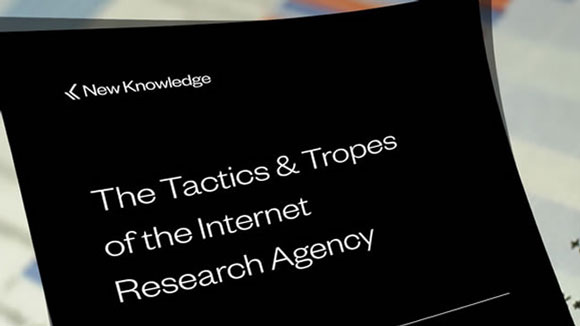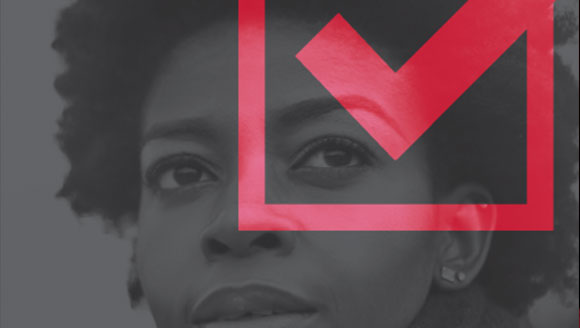Invest in Our Students and Our Schools: Vote for Public Education
The National Education Association (NEA) is the largest professional association in the country, representing public school educators—teachers and education support professionals, higher education faculty, educators teaching in Department of Defense schools, students in colleges of teacher education, and retired educators across the country.
While our membership is diverse, we have a common mission and values based on our belief that a great public school is not a luxury but a basic right for every student. Our members go into education for two reasons—because they love students, and they appreciate the importance of education in our society.
We want all students to succeed. Our members show up at school every day to nurture students, to bring out their full potential, to be anchors in their lives, and to help prepare them for the 21st century world that awaits them. It is this passion and dedication that informs and guides NEA’s work as we advocate for sound public policy that will help our members achieve their goals.
This is why we have seen a nationwide crusade by NEA educators, students, parents, and community members who are fed up with tattered textbooks and leaky ceilings, who think 1,430 students are too many for one school counselor to help, who want their children to get five days of school—not four—per week, and who are horrified to hear of educators selling their blood to pay their bills. They think all students, no matter where they live, deserve better.
Former National Teacher of the Year, Kim Oliver, posed this profound question: Are you worthy of our students? We cannot say we are worthy of our students as long as inequity and injustice exists in our classrooms, schools, and in our society.
We know that, as a system, public education is part of the structural racism that exists in our schools and leads to inequities throughout classrooms across this nation. Educational inequity is preventing our students of color from receiving the best education possible and from reaching their fullest potential.
NEA made a commitment to lead on racial justice in education two years ago because we understood that our educational system was built with inequity and bias. There is inequity and bias in deciding how we fund our schools, inequity and bias in our curriculums, inequity and bias in discipline, and inequity and bias in the quality of and support for our schools. As educators, we know that these inequities and biases determine student outcomes and success.
It is shameful that sixty years after the Brown vs Board of Education decision, we still see these dramatic inequities in resources, programs, and opportunities for students of color across the nation. The question we must ask is: why have lawmakers at every level—local, state and federal—failed to acknowledge and address these inequities? We believe that those same policy makers at all levels should fulfill their collective responsibility to remedy these gaps.
These challenges do not bode well for the future of our students. Fortunately, we can change it. The 2020 election cycle presents an opportunity to answer that call and protect public education for our most marginalized students.
It’s essential to vote for pro-public education candidates. NEA’s affiliate, the West Virginia Education Association, proved this to the nation during their nine-day statewide strike that closed every public school in West Virginia and lit the fire for #RedForEd across the U.S.
In this election cycle, pro-public education candidates will be both Republicans and Democrats. They live in cities and suburbs and rural communities. They will be running for school boards, state houses, Congress, and the office of the president. What we must look for is a shared belief that we must invest in our public schools and our students.
Education has always been an important voting issue, but this election could well determine the future of public education in the U.S. as well as offer a clear choice between two different visions for our nation
One vision believes in equal opportunity and a just society. The other is badly out of step with what’s happening in education and will slam shut the door of opportunity for millions of students. Attacking educators will help them score political points, but it won’t help our students.
We must get engaged now and send a message that we will support and vote only for those candidates who share our commitment to public education as the cornerstone of a democracy that has made our nation strong.


 Equality Index
Equality Index  Senate Report
Senate Report  2020 SOBA Essays
2020 SOBA Essays  2019 Report
2019 Report 